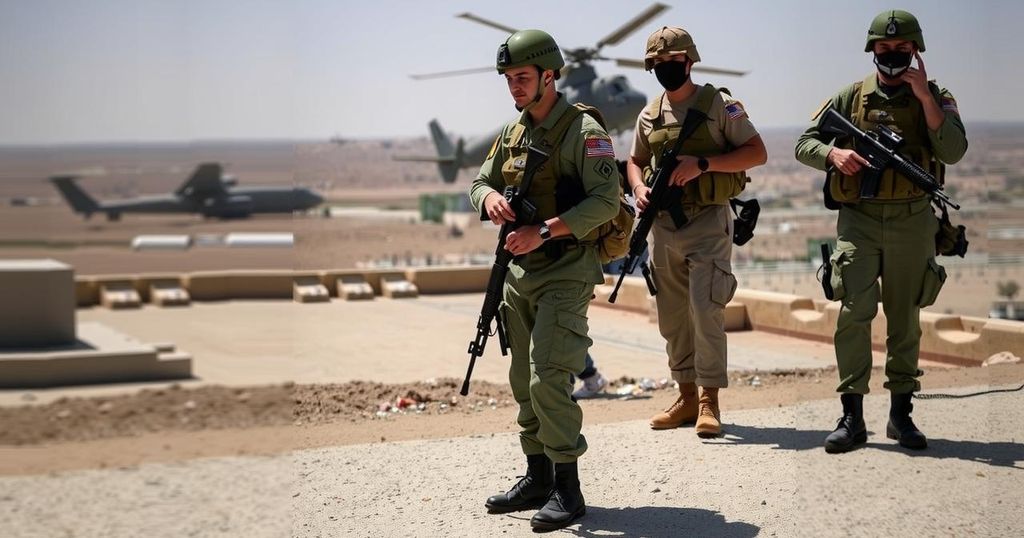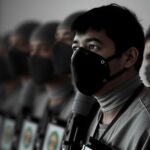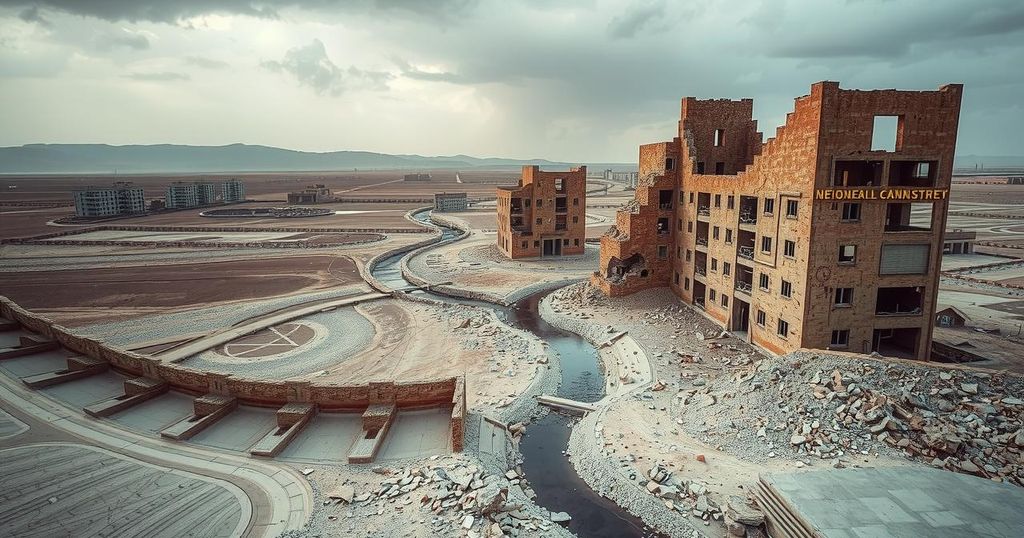Conflicts
” RAJAB, ASIA, BRAZIL, CIVILIAN CASUALTIES, CONFLICT, EUROPE, FOREIGN MINISTRY, GAZA, GAZA STRIP, HIND RAJAB, HIND RAJAB FOUNDATION, INTERNATIONAL CRIMINAL COURT, INTERNATIONAL LAW, INTERPOL, ISRAEL, ISRAEL-PALESTINE CONFLICT, ITALY, MILITARY OPERATIONS, RAJAB, ROME, SOUTH AMERICA, SRI LANKA, WAR CRIMES, YA
Omar El-Sharif
Growing Legal Risks for Israeli Soldiers Abroad Following Gaza Service
A former Israeli soldier fled Brazil after being accused of war crimes linked to his service in Gaza. This accusation is part of a broader series of lawsuits initiated by the Hind Rajab Foundation, which seeks accountability for actions taken during military operations. The situation has ignited political controversy in Israel, highlighting the risks faced by Israeli soldiers abroad due to international legal challenges.
A former Israeli soldier fled Brazil upon facing allegations of committing war crimes during his service in Gaza. This incident follows a lawsuit initiated by the Hind Rajab Foundation (HRF), which aims to hold Israeli troops accountable for their actions in Gaza. A Brazilian judge has mandated the police to investigate the soldier based on accusations alleging his involvement in the mass demolition of civilian homes in Gaza as part of a systematic destructive campaign. This situation has sparked outrage in Israel, leading to political debate and concern for the safety of Israeli citizens abroad.
The HRF, which focuses on documenting the activities of Israeli soldiers in Gaza, claims it works to challenge what it sees as Israeli impunity, particularly honoring the memory of Hind Rajab, a young girl killed by Israeli gunfire. Their legal efforts in various countries, including Brazil, push for investigations into the conduct of Israeli soldiers abroad. While no Israeli soldier has yet been reported detained in connection with these cases, the growing number of international lawsuits raises apprehensions about potential arrests of soldiers traveling abroad.
Israeli Foreign Minister Gideon Saar and other officials are taking measures to protect Israeli soldiers, especially as social media posts by these individuals can lead to unwarranted legal actions. The Israeli political landscape is reacting strongly; opposition leader Yair Lapid denounced the situation as a significant failure of the government to protect its citizens. Meanwhile, advocacy groups like “Moms Up” have reached out to Prime Minister Netanyahu, urging him to find solutions that will remove the legal threats facing service members.
Amidst these developments, discussions within the Knesset will address the issue of legal risks confronted by Israeli soldiers these international lawsuits pose. Previous attempts to prosecute high-ranking officials are now shifting towards alleged crimes committed by ordinary soldiers, reflecting a changing dynamic in international legal action against Israeli military activities in Gaza.
The article discusses the increasing legal threats facing Israeli soldiers who served in Gaza, stemming from lawsuits filed in foreign countries by NGOs such as the Hind Rajab Foundation. This development presents a potential shift in how individual Israeli soldiers may face accountability for military actions abroad, as activist groups target not only leaders but also soldiers of lower rank. The ramifications of these legal actions raise questions about the protection available to Israelis serving in conflict zones and illustrate the complex interplay between military conduct, international law, and national security concerns.
In conclusion, the growing trend of legal actions against Israeli soldiers abroad highlights significant challenges regarding military accountability and the protection of troops in international settings. The recent case in Brazil serves as a stark reminder for Israeli citizens of the potential legal consequences tied to their military service, prompting widespread debate in Israeli politics. As these incidents unfold, the Israeli government faces increasing pressure to safeguard its soldiers against global legal actions stemming from their operations in conflict zones.
Original Source: www.cnn.com








Post Comment